Health And Medicine
-
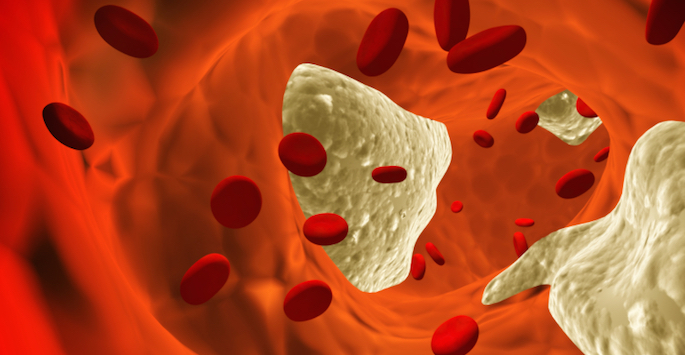
‘Scavenger’ molecule may point to new atherosclerosis treatment
A small-molecule “scavenger” that reduces inflammation and formation of atherosclerotic plaque in blood vessels in mice potentially could lead to a new approach for treating atherosclerosis in humans, according to researchers at Vanderbilt University Medical Center. Read MoreAug 20, 2020
-
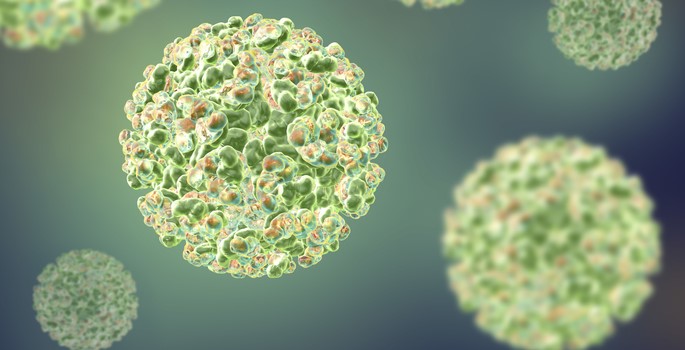
Study identifies antibodies that block alphaviruses
Researchers at Vanderbilt University Medical Center have identified antibodies that, in animals, block infection by alphaviruses, which can cause chronic and debilitating joint pain and arthritis and are an increasing global health concern. Read MoreAug 20, 2020
-
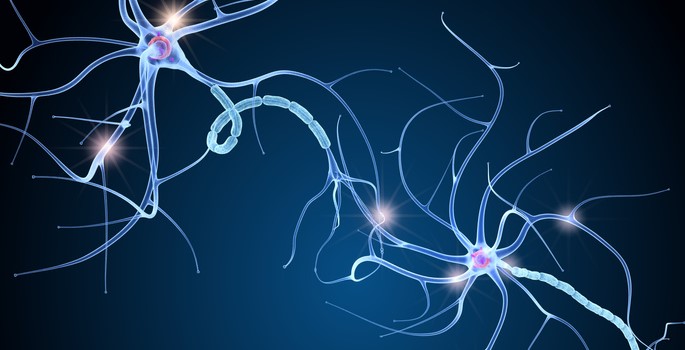
Cashew shell compound appears to mend damaged nerves
In laboratory experiments, a chemical compound found in the shell of the cashew nut promotes the repair of myelin, a team from Vanderbilt University Medical Center reported Aug. 17 in the Proceedings of the National Academy of Sciences. Read MoreAug 17, 2020
-

Risk marker for repeat sinus surgery
An inflammatory factor in mucus could be a biomarker of treatment-resistant chronic sinusitis used to determine which patients are at risk for repeat sinus surgery. Read MoreAug 11, 2020
-

Miscarriage risk increases each week alcohol is used in early pregnancy
Each week a woman consumes alcohol during the first five to 10 weeks of pregnancy is associated with an incremental 8% increase in risk of miscarriage, according to a study published this week by Vanderbilt University Medical Center researchers. Read MoreAug 10, 2020
-

A step toward cancer prevention
A computational technique that combines the effect of multiple genomic variants has the potential to identify high-risk individuals for cancer prevention. Read MoreAug 10, 2020
-

ID of ‘stomach flu’ culprit
Identifying the norovirus genotypes associated with more severe infections in children could guide strain selection for candidate norovirus vaccines. Read MoreAug 6, 2020
-

The importance of estrogen cycles
Deborah Lannigan and colleagues identify a key regulator of the estrogen receptor and suggest that its downregulation by oral contraceptives may increase oxidative stress and DNA damage, a common cause of cancer. Read MoreAug 6, 2020
-

Appendix cancer survival in young patients varies by race: study
Appendiceal cancer — cancer of the appendix — is a rare malignancy that is usually found during surgery for acute appendicitis. Although the rate of appendectomies has been stable over the last two decades, the incidence of malignant appendiceal cancer increased 232% in the United States. Read MoreAug 6, 2020
-

Study gauges specific site stomach cancer risks among ethnic groups
Non-white Americans, especially Asian Americans, are at disproportionately higher risk for gastric cancer compared to non-Hispanic white Americans. A new study breaks down this risk according to specific ethnicities and locations within the stomach. Read MoreAug 6, 2020
-

Team to create customizable cochlear implant programming
A team of Vanderbilt University and Vanderbilt University Medical Center researchers has received a $3.1 million National Institutes of Health (NIH) grant to develop advanced, patient-specific cochlear implant stimulation models for customized implant programming. Read MoreAug 6, 2020
-

Pseudoislet system expected to advance pancreas and diabetes research
The multicellular, 3-D structure of human pancreatic islets — the areas of the pancreas containing hormone-producing or endocrine cells — has presented challenges to researchers as they study and manipulate these cells’ function, but Vanderbilt University Medical Center researchers have now developed a pseudoislet system that allows for much easier study of islet function. Read MoreJul 30, 2020
-
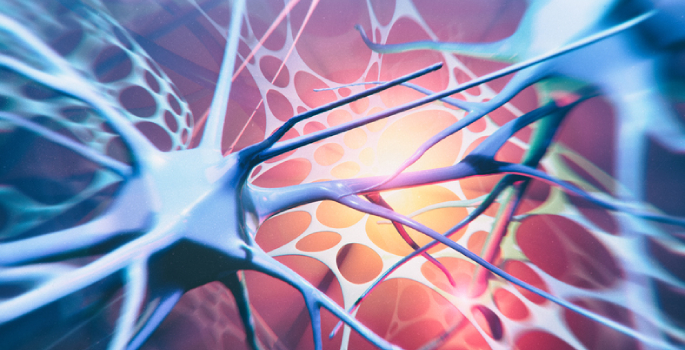
Protein study may be key to treating fibrotic diseases
A protein linked to amyotrophic lateral sclerosis (ALS), a progressive neurological disease that causes muscle weakness, may be a key to treating fibrotic disease of the kidneys and other organs, researchers at Vanderbilt University Medical Center reported recently. Read MoreJul 30, 2020
-
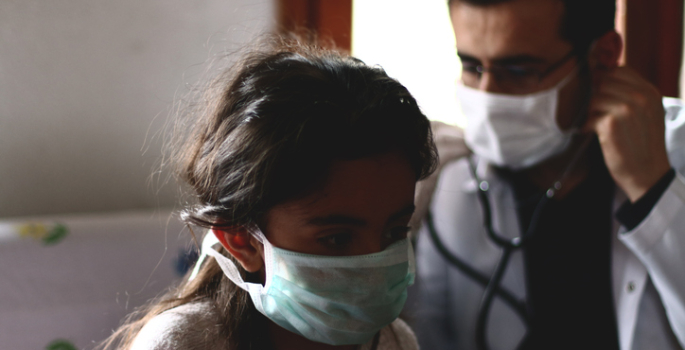
Post-transplant complication
Vanderbilt researchers conducted the largest analysis to date of a heart complication in children following stem cell transplant. The findings may help guide screening practices to improve outcomes. Read MoreJul 28, 2020
-

Soy food, metabolism and the microbiome
Consumption of soy foods may shape the microbiome and protect against hypertension only in individuals with soy-responsive microbiota, Vanderbilt researchers have discovered. Read MoreJul 27, 2020
-
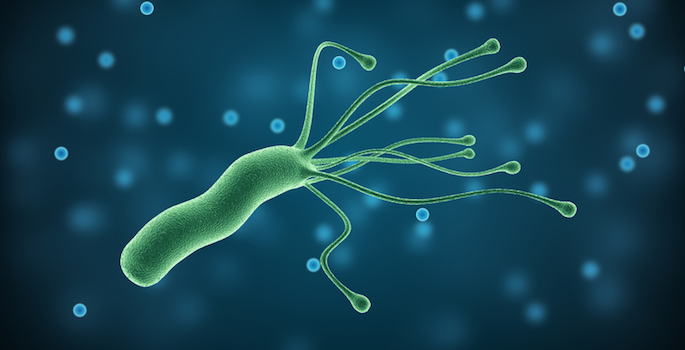
Stomach bug hit-and-run
The H. pylori machinery that “injects” an oncoprotein into stomach cells contributes to the development of gastric cancer, Vanderbilt researchers demonstrate. Read MoreJul 23, 2020
-

VUMC’s program to repurpose drugs lands international acclaim
Vanderbilt University Medical Center is attracting international attention for its proposal to repurpose existing drugs for new uses in ways that can dramatically improve access to medicines by billions of people throughout the world. Read MoreJul 23, 2020
-

Cellular antiviral defenses
A cellular RNA quality control mechanism was known to restrict replication of RNA viruses. Vanderbilt researchers have discovered it is also antiviral against DNA viruses. Read MoreJul 23, 2020
-

Amidon named 2020 Vanderbilt Prize Student Scholar
Katherine Amidon, a PhD student in the Department of Biological Sciences at Vanderbilt University, has been selected as the 2020 Vanderbilt Prize Student Scholar. Read MoreJul 22, 2020
-

Study points to potential new approach to treating neurodegenerative diseases like glaucoma and Alzheimer’s disease
Researchers at Vanderbilt University Medical Center have shown for the first time that when one optic nerve in the eye is damaged, as in glaucoma, the opposite optic nerve comes to the rescue by sharing its metabolic energy. Read MoreJul 20, 2020